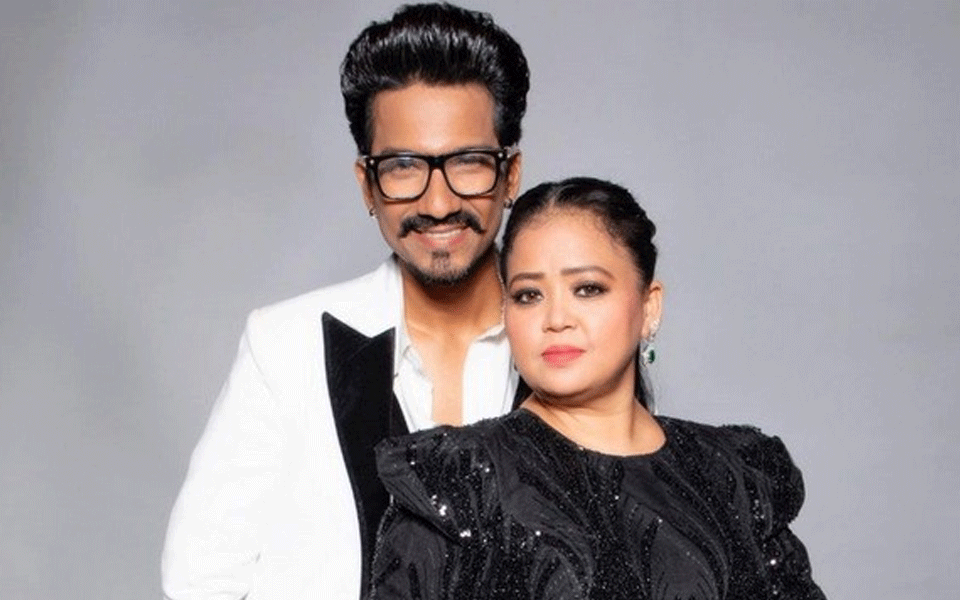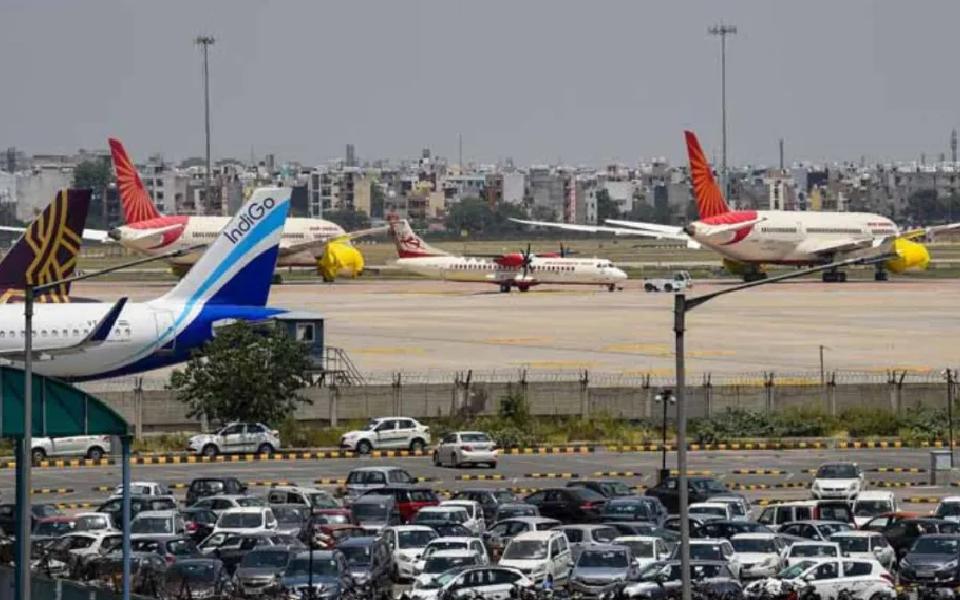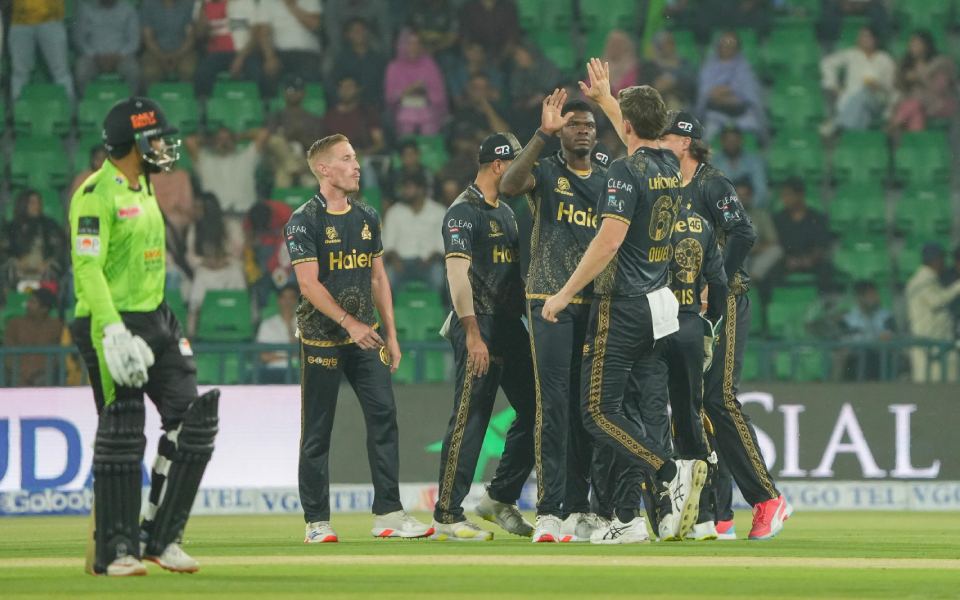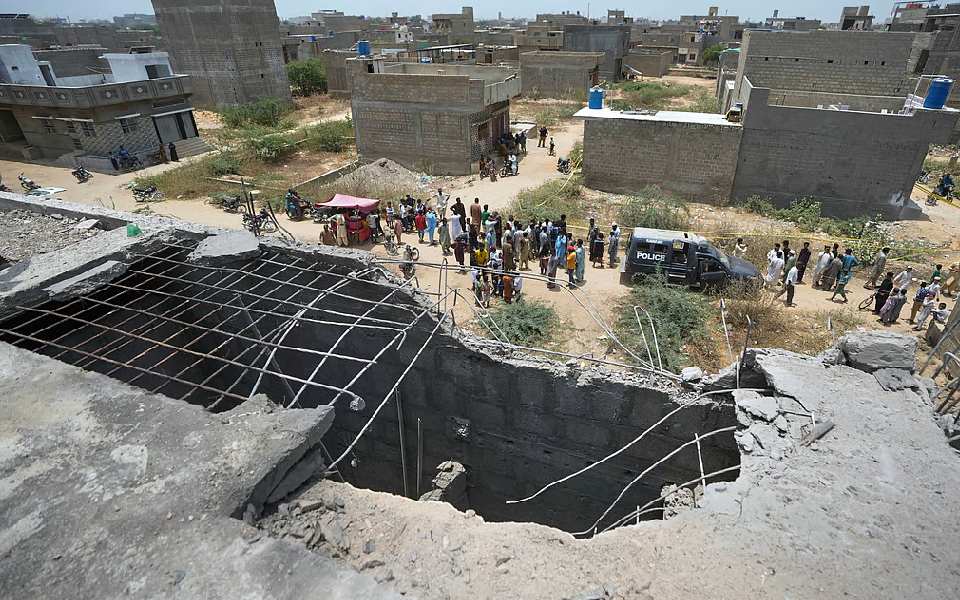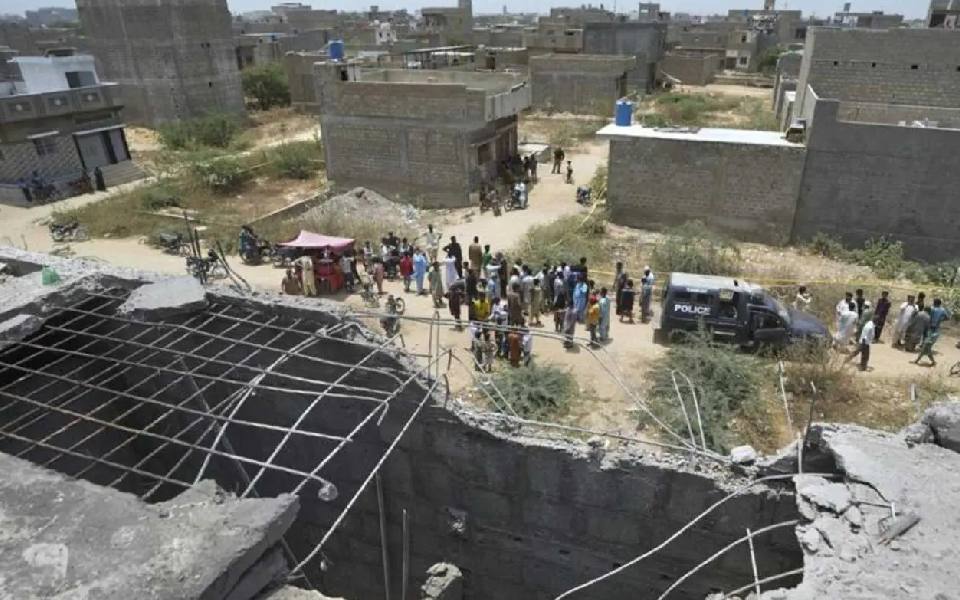Mumbai (PTI): The Narcotics Control Bureau (NCB) has filed a charge-sheet against comedian Bharti Singh, her husband Haarsh Limbachiyaa and a drug peddler in connection with a 2020 drug case, a senior official said on Saturday.
The charge-sheet, which runs into around 1,200 pages, was submitted by the NCB in a court here recently, he said.
The couple was arrested by the anti-drug agency in November 2020 following the seizure of ganja (cannabis) at their residence in suburban Andheri, the official said.
Both the accused were booked under various sections of the Narcotic Drugs and Psychotropic Substances (NDPS) Act, including section 8 (c) (possession of drugs) and 27 (consumption of drugs), he said.
During the investigation, the NCB team had arrested one more person who had played a role in the supply of the banned drug, he said.
Accordingly, the NCB team investigated the case and submitted the charge-sheet a few weeks ago, he said.
The couple was granted bail after two days of custody on a bond of Rs 15,000 each, he said.
Let the Truth be known. If you read VB and like VB, please be a VB Supporter and Help us deliver the Truth to one and all.
New Delhi: Airlines have asked passengers to reach airports at least three hours before departure after the Centre increased security measures in response to Pakistan’s ongoing attack, reported India Today.
According to the Ministry of Civil Aviation, all passengers will now face a Secondary Ladder Point Check (SLPC) before boarding. The Bureau of Civil Aviation Security (BCAS) has directed all airports and airlines to step up security.
Air India said, “Passengers are advised to arrive at least three hours prior to departure. Check-in closes 75 minutes before departure.” Akasa Air and IndiGo issued similar advisories, asking passengers to allow more time for security checks.
All passengers must carry valid photo ID and will undergo secondary checks before boarding. Visitor entry to terminals has been banned, and Air Marshals will be deployed as required.
The moves come as India’s defence systems shot down Pakistani missiles and drones in Jammu, Punjab, and Rajasthan. At least 21 airports are shut till May 10, and several flights are cancelled. Civilian aircraft are avoiding airspace over Pakistan and India’s western corridor, data from Flightradar24 shows.

